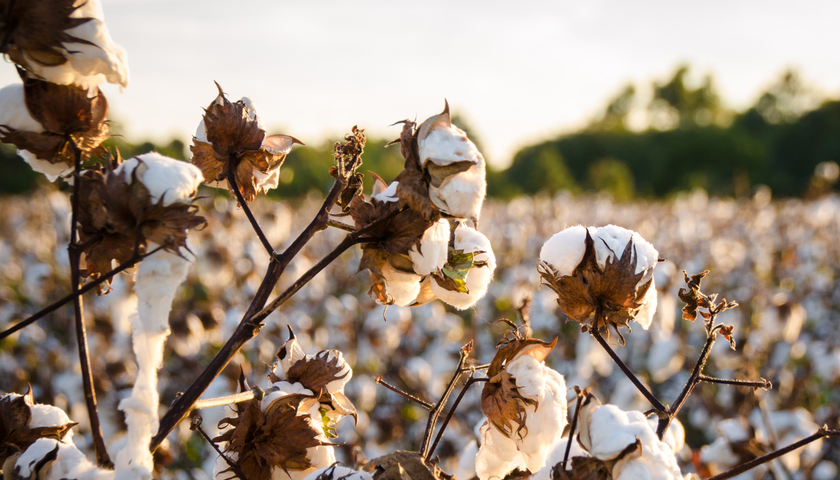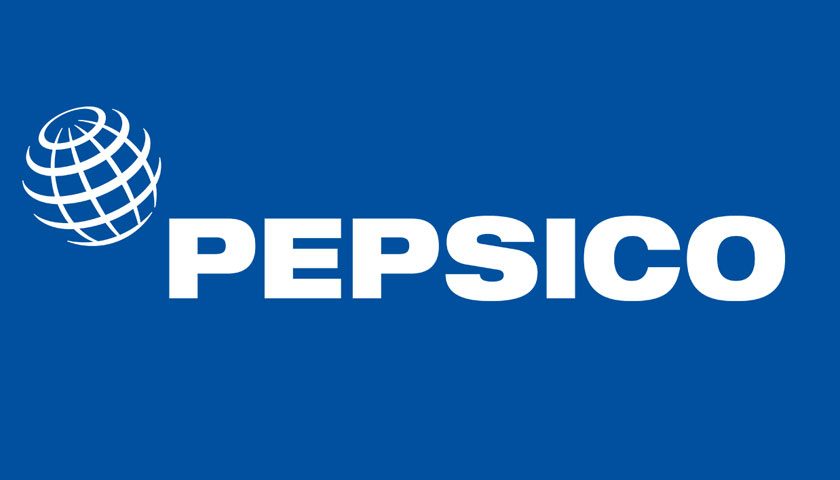36 major brands and retailers have now signed up to the 100% by 2025 pledge, including four of Forbes magazine’s list of the world’s ten largest global apparel brands , and three of the top 10 UK clothing retailers. This announcement was made at the annual Textile Exchange Sustainability Conference, where more than 400 textile and apparel leaders have come together to discuss the most important sustainability issues facing the industry.
This pledge – called the sustainable cotton communiqué – demonstrates that there is a demand for more sustainable cotton, and the commitment made by companies will help to drive sustainable practices across the sector. In turn, this will help alleviate the environmental and social costs that are too often associated with cotton production, including the over-use of pesticides, the release of greenhouse gases, the depletion of local water sources and rising costs of production.
The brands that have committed to the 100% by 2025 pledge are: ASOS, EILEEN FISHER, Greenfibres, H&M, IKEA, Kering, Levi’s, Lindex, M&S, Nike, Sainsbury’s, F&F at Tesco, Woolworths, Adidas, A-Z, BikBOk, Burberry, Burton Snowboards, Carlings, Coyuchi, Cubus, Days like This, Dressmann, Hanky Panky, House of Fraser, Indigenous Designs, KappAhl, Kathmandu, Mantis World, Otto Group, prAna, SkunkFunk, Timberland, Urban, Volt and Wow.
Impact
There have been substantial gains made over the past few years in scaling the production of more sustainable forms of cotton, which is now higher than ever at over 3 million tonnes in 2016. However, companies are actively sourcing less than a fifth of this available sustainable cotton. In order for sustainable cotton to become standard business practice, the amount of sustainable cotton grown and bought must increase significantly. This pledge sends a signal to millions of producers that there is a real demand for a more sustainable approach to cotton production that reduces the environmental and social costs.
The companies that have pledged their support are at various stages on their journey to using sustainable cotton, with some already securing all of their cotton from sustainable sources. However, all are clear that collaboration across the sector is needed to bring about transformative change.
Quotes from selected companies and NGO representatives:
“The industry is awakening to the necessity of sustainably grown cotton. It is great to see additional brands joining this initiative to accelerate the momentum of cotton production in a way that will positively impact smallholder farmers, water quality and soil health.” La Rhea Pepper, Managing Director, Textile Exchange
“As a pioneer in organic cotton bedding, Coyuchi cares immensely about what our sheets, towels and apparel are made of and its greater impact on the environment and the hands that touch it from earth to factory to home. Coyuchi is excited to join the pledge and the growing momentum by likeminded brands committed to a more sustainable future.” Eileen Mockus, CEO, Coyuchi
“Burton has a responsibility to protect the people and playground that sustain our sport and lifestyle. We recognize that there are social and environmental costs associated with producing our products. We are continuously striving toward sustainability in our production practices, including the materials we source. Burton is proud to join other industry leaders in this pledge, which is aligned with our commitment to sourcing 100% sustainable cotton by 2020.” Donna Carpenter, CEO and Co-owner, Burton Snowboards
“It’s been a long journey to reach 100% organic cotton. Kudos to all the prAna employees & global supply chain partners who put in countless hours. We couldn’t be more ecstatic about this sustainability milestone!” Russ Hopcus, President, prAna
“House of Fraser supports the Sustainable Cotton Communiqué as part of our shift to sourcing sustainable cotton in our house branded fashion and homeware products. We welcome the opportunity to collaborate to scale the uptake of sustainable materials in fashion, and applaud HRH The Prince of Wales for his leadership.” Maria Hollins, Executive Director of Buying and Design, House of Fraser
“At Timberland, we strive to be Earthkeepers in everything we do and we recognize sustainable cotton sourcing as a major part of that goal. Studies have shown the positive social benefits to farming communities as well as the potential for these practices to sequester carbon into the soil. This is exciting work as we move beyond just minimizing environmental impacts to strategically creating real environmental and social benefits within the supply chain.” Zachary Angelini, Environmental Stewardship Manager, Timberland
Links
http://textileexchange.org/2017-textile-sustainability-conference/



